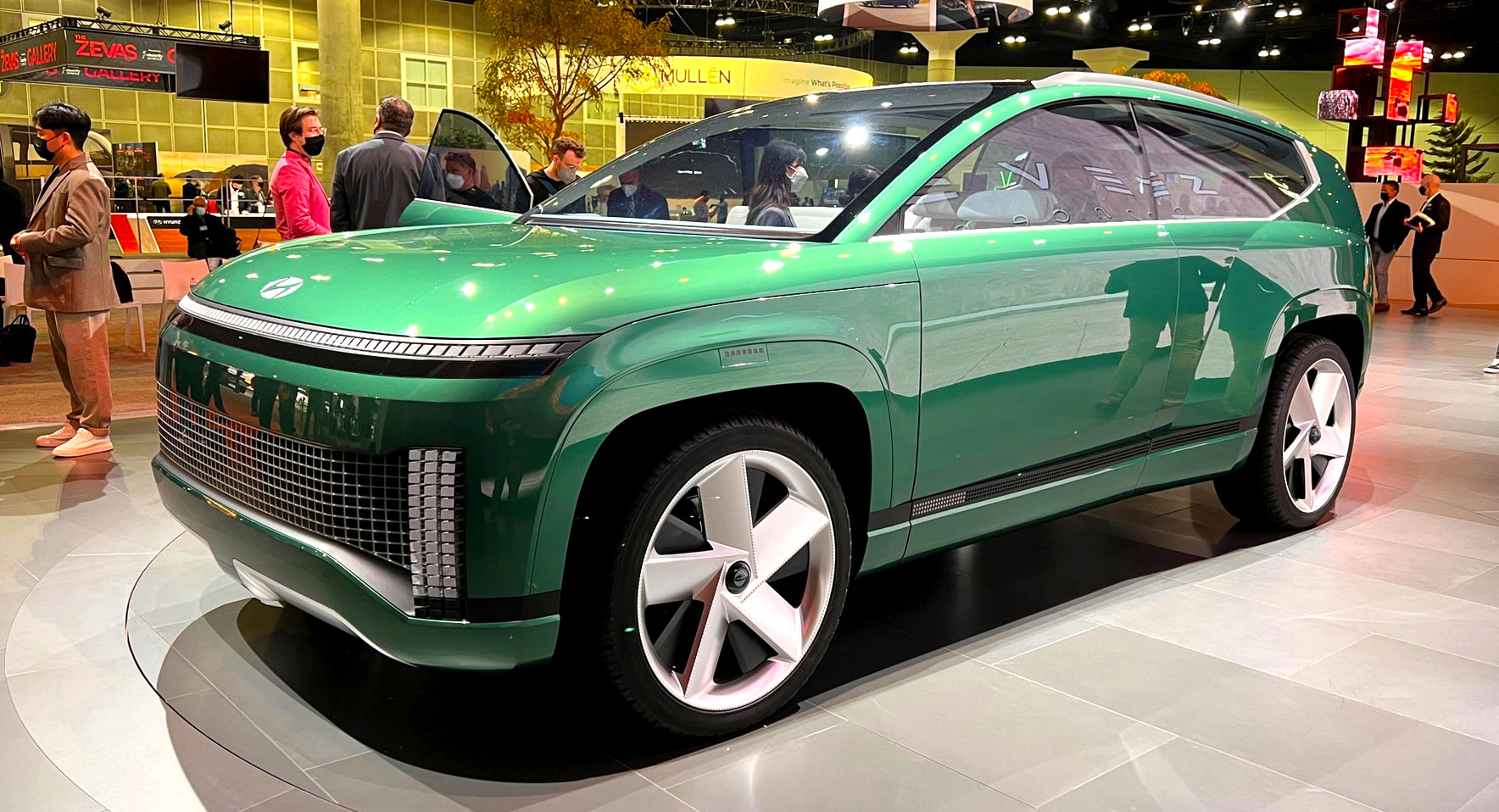In recent years, the automotive industry has witnessed a surge in the popularity of hybrid cars. As concerns about environmental sustainability and fuel efficiency grow, many individuals are considering the switch to hybrid vehicles. One of the key factors influencing this decision is the cost of running a hybrid car. In this blog post, we will delve into the intricacies of hybrid car economics and explore whether they are truly cheaper to run compared to their conventional counterparts.
- Initial Investment:
When contemplating the cost of running a hybrid car, it is essential to consider the initial investment. Hybrid cars tend to have a higher purchase price than traditional gasoline-powered vehicles. However, this upfront cost can be offset by various factors, such as government incentives, tax credits, and potential long-term savings on fuel expenses. - Fuel Efficiency:
Hybrid cars are renowned for their superior fuel efficiency, which plays a crucial role in determining their cost-effectiveness. By combining an internal combustion engine with an electric motor, hybrid cars can achieve significantly higher mileage per gallon compared to conventional vehicles. This translates into substantial savings on fuel costs, especially for individuals with long commutes or frequent road trips. - Maintenance and Repairs:
Another aspect to consider when assessing the cost of running a hybrid car is maintenance and repairs. Hybrid vehicles often require specialized technicians and specific parts, which can be more expensive than those for traditional cars. However, it is worth noting that hybrid cars generally have fewer moving parts, resulting in reduced wear and tear. Moreover, regenerative braking systems and the absence of a traditional starter motor contribute to lower maintenance requirements, potentially offsetting the higher costs of specialized servicing. - Resale Value:
Resale value is a crucial factor in determining the overall cost of owning a vehicle. Hybrid cars tend to retain their value better than conventional cars due to their perceived environmental benefits and increasing demand. This means that when it comes time to sell or trade in your hybrid car, you may recoup a higher percentage of your initial investment, further reducing the overall cost of ownership. - Consideration of External Factors:
While hybrid cars offer numerous cost-saving advantages, it is essential to consider external factors that may impact their cost efficiency. For instance, electricity prices, which affect the cost of charging hybrid vehicles, can vary significantly depending on the region. Additionally, government policies and incentives related to hybrid cars can influence their affordability and overall cost-effectiveness.
Conclusion:
In conclusion, hybrid cars can indeed be cheaper to run compared to traditional vehicles, considering factors such as fuel efficiency, potential tax incentives, reduced maintenance requirements, and higher resale value. However, it is crucial to evaluate individual circumstances, including driving habits, local electricity prices, and government policies, to determine the true cost efficiency of hybrid cars. By carefully considering these factors, individuals can make informed decisions when it comes to choosing the most cost-effective and environmentally friendly option for their transportation needs.


